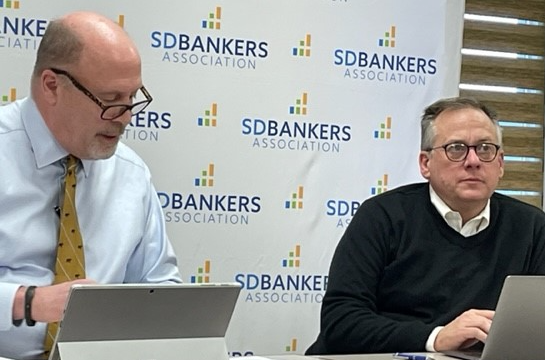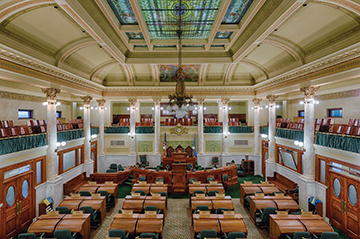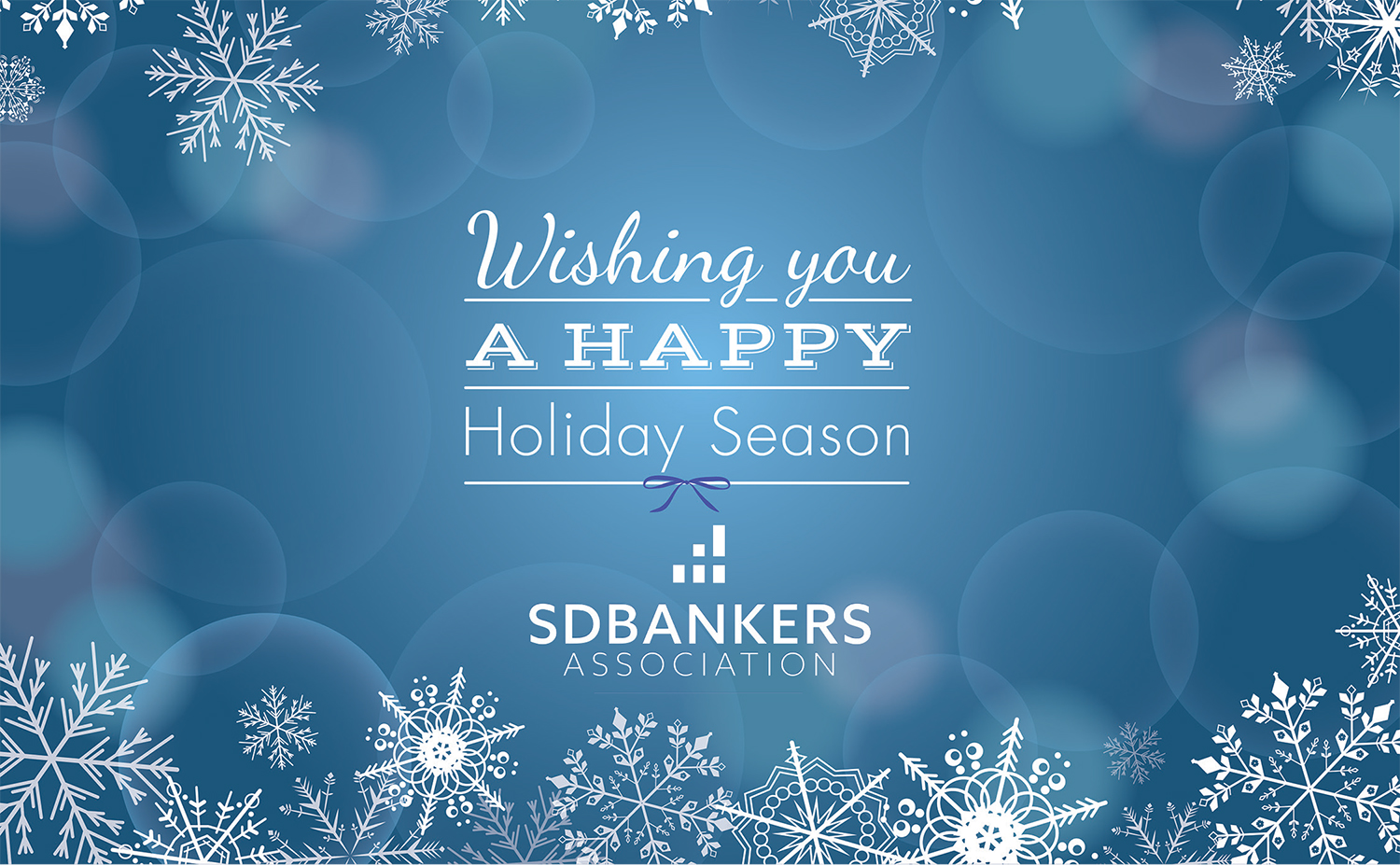 SDBA President Karl Adam and SDBA Legal Counsel Brett Koenecke met with the SDBA Legislative Committee yesterday via Zoom to discuss legislation this session that could impact the banking industry and how, with a united approach, the SDBA intends to address these bills and initiatives going forward.
SDBA President Karl Adam and SDBA Legal Counsel Brett Koenecke met with the SDBA Legislative Committee yesterday via Zoom to discuss legislation this session that could impact the banking industry and how, with a united approach, the SDBA intends to address these bills and initiatives going forward.
As part of that united approach, bankers should attend the SDBA State Legislative Day on Feb. 9 in Pierre. This daylong event is a great opportunity to stay up-to-date on state and federal legislation that could affect the banking industry, visit with state legislators and constitutional officers, and make sure our industry is heard.





